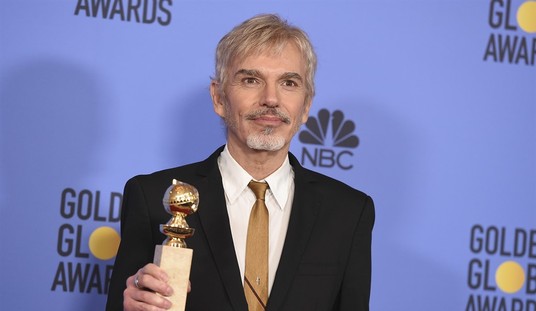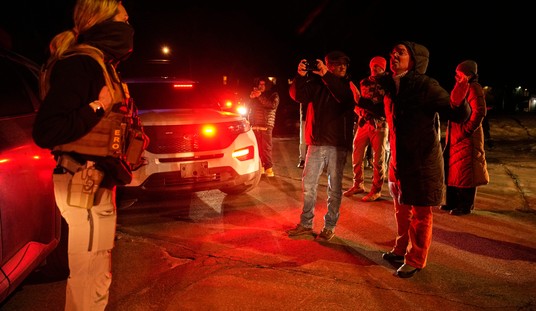
It may seem odd to speak of “multiculturalism” in the context of the monoculture that the twenty-first century academy has become, but “culture” itself is one of those protean terms that, chameleon-like, tends to take on different nuances, some of which are at odds with each other.
Multiculturalism was a fairly new word back in the ’80’s when I was in graduate school studying the East Asian classics and, naively understanding it to refer to high culture (“capital c” Culture), I was all for it. It would be very welcome, I thought, for the canon of recognized classics to be expanded to include the great works of the Far East and elsewhere. That initial misunderstanding was short-lived as continued exposure to the term revealed its (purported) meaning to be “small letter c” culture: the peaceful coexistence of various groups with differing cultural identities, and even (so it was claimed) a willingness to learn from each other—the ideal of a salad rather than a melting pot. Though less lofty, still quite laudable, and I endorsed it.
But “multiculturalism” has become an example of what Richard Weaver called “god terms”; i.e., words that defy close definition, but that elicit a positive reaction from the majority, words like “freedom” or “progress” being common instances. Every society has such terms, many of which may of course play a salutary—or at least a benign—role. One characteristic of a god term is the fact that people take its meaning for granted, and may take a demand for a definition to be some kind of hostile gesture. The academy has its own perverse god terms, “diversity” (every third word of college administrators) coming immediately to mind. A career spanning three decades in this environment has disabused me of any notion that multiculturalism is anything like what I once supposed it to be. As with other god terms, merely asking for clarification—much less a precise definition—is taken as a sign that the enquirer is morally suspect, but at the risk of incurring such obloquy, allow me to share a few experiences that turned this erstwhile true believer into a skeptic.
The first occurred a few years after my appointment in a tenure-track position, in the early ’90’s, when I was asked to make a presentation at a campus-wide multicultural extravaganza. That invitation confirmed what (I still supposed at the time) was the most admirable aspect of multiculturalism: promotion of genuine interest in other cultures. I spent much time preparing a lecture/demonstration that would likely appeal to undergraduates, light on pedantry and heavy on audio-visuals. The paucity of my audience—no more than five, none them students—was painfully emphasized by the size of the hall. What went wrong? All the events had been adequately publicized. Were the students just not interested in these multicultural events? Then I discovered upon further inquiry that most of the other sessions were delivered to packed houses: the African-American students to hear the African-American speaker, the Latino/a students to hear the Latino/a speaker, the LGB students (that was still the common acronym back then) to hear the LGB speaker, and so forth. I was the only presenter who was not by birth or identity a member of the culture about which I was presenting, so apparently I was not “authentic” enough. But beyond personal pique, it caused me to wonder about what people really meant when they used the word MULTIcultural; if it’s mere tribalism, then isn’t that really just as old as the hills? What is “multi” about it in any new or positive sense?
Some months after that, I mentioned the incident in a general education course I was teaching at the time and wondered aloud if the term should not be “multiethnic” rather than “multicultural.” At that hypothetical question, an African-American student in the class went ballistic, ranting that unlike me, she was from a “multicultural” family, so she could address the meaning of the term with more authority than I ever could. Such are moments of panic in any professor’s life; you never know where such manufactured outrage might lead. But after recovering from my anxiety, it occurred to me that her outburst merely corroborated the point I was making. Never mind the fact that I am married to an Asian woman, have raised a biracial family, and have devoted my life to the study of a non-Western civilization, I am not “multi”—according to that student an honor bestowed only by birth. This was only confirmed some years later when various campus offices sponsored a recital of traditional Chinese music, bringing in a noted Pipa artist. I only knew of the event because my wife—who happens also to teach at the university—received an invitation from the Office of Multicultural Affairs. She received an invitation because she is Asian. Never mind the fact that I was more knowledgeable about the music and its historical background than anyone in the audience, I was just too Caucasian to be invited by the multi crowd.
Thus I came to the conclusion that the term really has very little to do with culture in any received sense of that word. Though it has more recently been partially eclipsed by “diversity,” it still has currency as a god term. And however defined, in Wikipedia or elsewhere, in actually usage it is clearly aimed at boundary maintenance rather than understanding, and too often at the generation of new victimologies whose purpose is division rather than comprehension and mutual empathy.
What does this have to do with the teaching of East Asian or any other culture? It has been my experience that too little grounding in one’s own cultural tradition actually hampers efforts to understand another. Fascinating comparisons between, say, the Socratic method and Confucian discourse cannot be made if one knows nothing of the former, and such examples could be multiplied exponentially. My best students have always been those who approach the study of the Far East with a working knowledge of the West under their belts. THAT is how multiculturalism ought to work. Instead, I’m always confronted with the expectation that an important mission of my field of teaching and research is to provide fodder for the regnant narrative of relativism, or for the perpetual outrage of SJWs-in-training as they approach ancient texts with ignorant—but impeccably politically correct—presentist biases. It would be extremely difficult if not impossible to discuss these issues rationally on campus without being tarred with all kinds of nasty names, and if certain mean-spirited people made the connection between my identity and this essay, whose tone is hardly incendiary, it could have unpleasant consequences. Such is “diversity” in the modern academy.














Join the conversation as a VIP Member